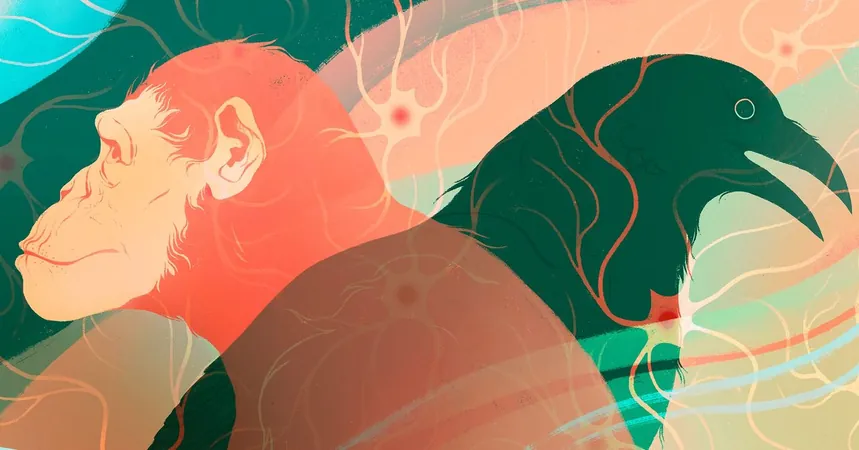
The Astonishing Truth: Intelligence Evolved Independently in Birds and Mammals
2025-05-11
Author: Emma
Are Humans the Pinnacle of Intelligence?
Humans often think highly of our own intelligence—capable of math, logic, and abstract thought. However, we aren't the only species exhibiting remarkable cognitive abilities. Birds, for example, have repeatedly shown surprising intelligence: ravens plan ahead, crows use tools, cockatoos can open booby-trapped trash bins, and chickadees memorize thousands of seed locations. Remarkably, these feats are accomplished with brains that differ fundamentally from ours, being smaller and lacking the organized structures typically associated with mammalian intelligence.
A Mystery of Evolution: Common Ancestor or Independent Development?
For years, scientists have debated whether the intelligence observed in vertebrates—like mammals and birds—comes from a common ancestor or has developed independently. Some argue that a lizard-like creature from 320 million years ago bequeathed complex neural pathways to both groups. Others posit that intelligence evolved separately in birds and mammals.
New Research Unveils a Breakthrough!
In February 2025, a groundbreaking study published in Science offered compelling evidence supporting the latter theory: that vertebrate intelligence emerged multiple times independently. Despite these separate evolutions, birds and mammals share astonishing similarities in their neural circuits.
"This is a milestone in understanding vertebrate intelligence evolution," noted Onur Güntürkün, a brain structures researcher from Ruhr University Bochum.
Escaping the Intelligence Hierarchy
In a world captivated by artificial intelligence, these findings shift perspectives. "We must step away from believing we are the ultimate intelligence," emphasized Niklas Kempynck, a graduate student from KU Leuven. Birds have independently achieved impressive cognitive feats.
Debunking Historical Misconceptions
Throughout the 20th century, it was widely accepted that birds lacked intelligence due to their absence of a neocortex, the brain area responsible for advanced cognitive functions in mammals. Instead of neatly-layered structures, birds have a disorganized collection of neurons, leading to the assumption that their behaviors were merely reflexive.
Turning the Tide on Bird Intelligence
This narrative began to transform in the 1960s, thanks to Harvey Karten's research. He discovered that bird brain circuits shared striking similarities with mammalian ones, challenging existing beliefs. However, further research by anatomist Luis Puelles suggested that bird and mammal brain regions developed separately from the same embryonic origins, igniting a debate that continued for decades.
The Convergence of Science and Technology
Recent studies utilized single-cell RNA sequencing to bridge the divide between these opposing views. Tracking neuronal circuit development in species like chickens and mice revealed that, while brain circuits may look alike, they took different evolutionary routes to reach their mature forms.
The Evolution of Complexity: What We Learned!
Taken as a whole, these studies provide the clearest picture yet of how birds and mammals fashioned their intelligence pathways. While researchers agree there was some genetic inheritance from a shared ancestor, the fundamental structures evolved independently, underscoring the multifaceted nature of intelligence.
Bradley Colquitt, a neuroscientist, emphasized that intelligence doesn't come with a user's manual. It can manifest in various forms across life's spectrum, demonstrating that biological innovations can arise independently.
What Lies Ahead in Evolutionary Studies?
Exploring how other species, such as octopuses, achieved intelligence through vastly different neural architectures could redefine our understanding of intelligence. Such discoveries could even pave the way for enhanced AI technologies inspired by the unique cognitive processes of birds and other non-human animals.
In essence, the evolving narrative of intelligence reminds us that we are not the sole bearers of cognitive gifts in the vast tapestry of life.


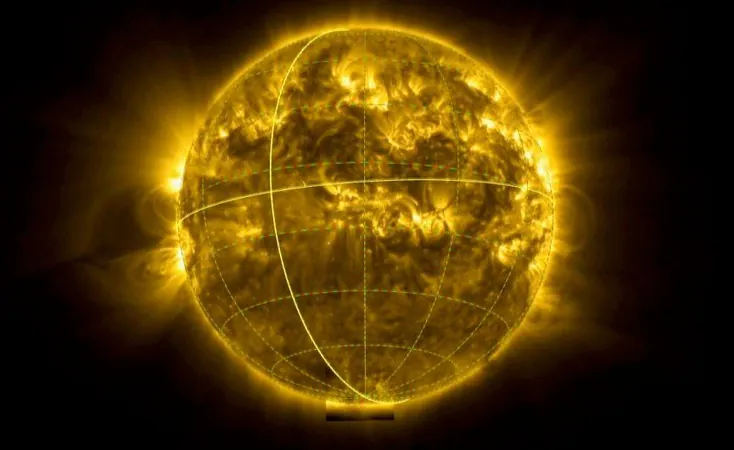


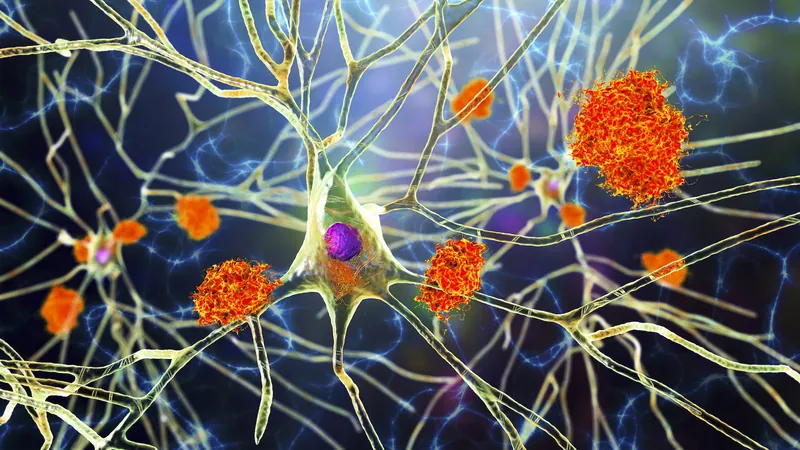
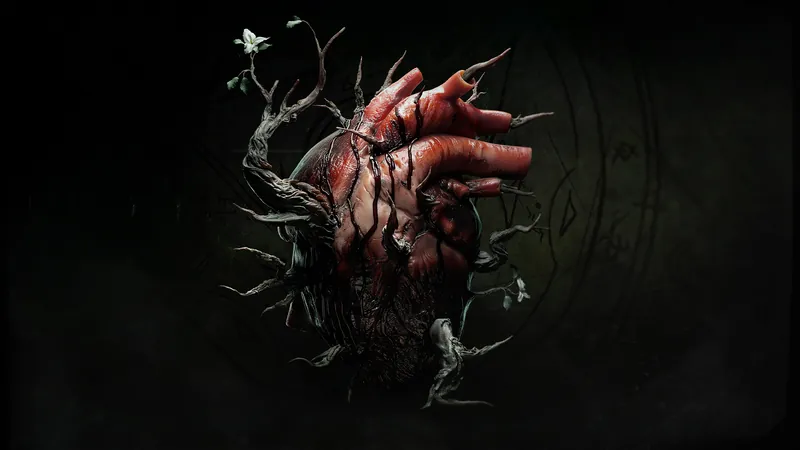
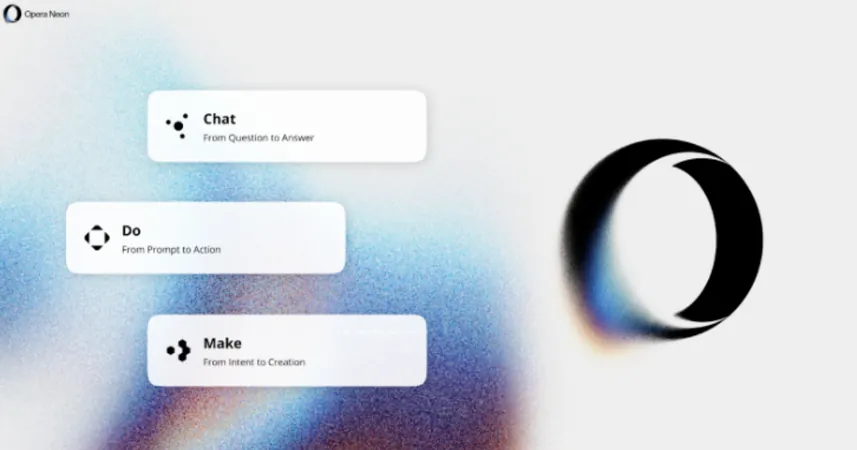

 Brasil (PT)
Brasil (PT)
 Canada (EN)
Canada (EN)
 Chile (ES)
Chile (ES)
 Česko (CS)
Česko (CS)
 대한민국 (KO)
대한민국 (KO)
 España (ES)
España (ES)
 France (FR)
France (FR)
 Hong Kong (EN)
Hong Kong (EN)
 Italia (IT)
Italia (IT)
 日本 (JA)
日本 (JA)
 Magyarország (HU)
Magyarország (HU)
 Norge (NO)
Norge (NO)
 Polska (PL)
Polska (PL)
 Schweiz (DE)
Schweiz (DE)
 Singapore (EN)
Singapore (EN)
 Sverige (SV)
Sverige (SV)
 Suomi (FI)
Suomi (FI)
 Türkiye (TR)
Türkiye (TR)
 الإمارات العربية المتحدة (AR)
الإمارات العربية المتحدة (AR)